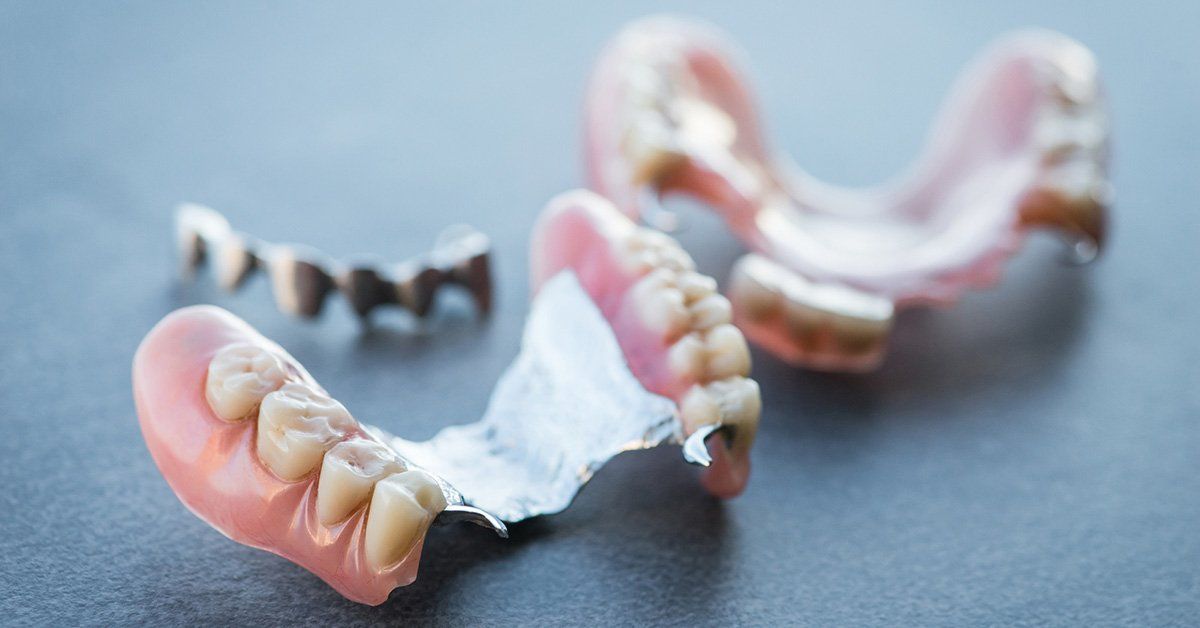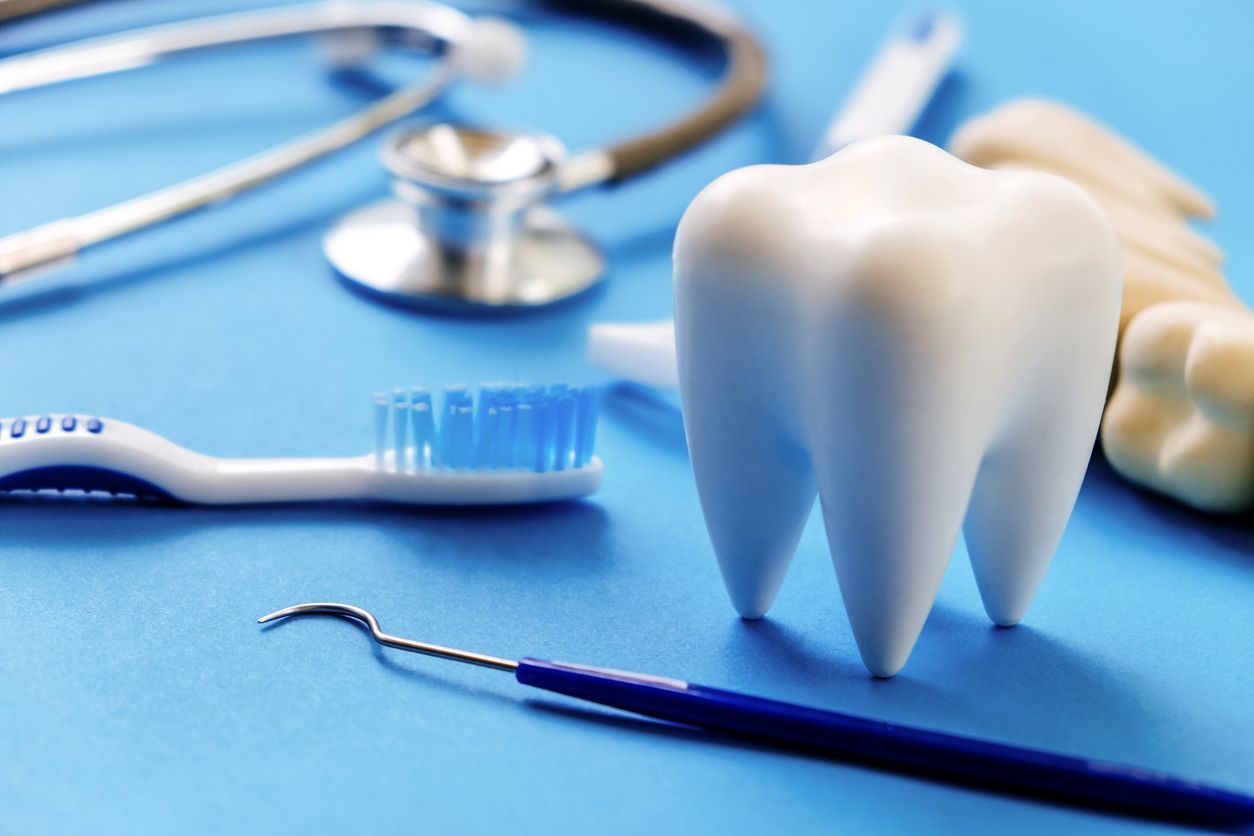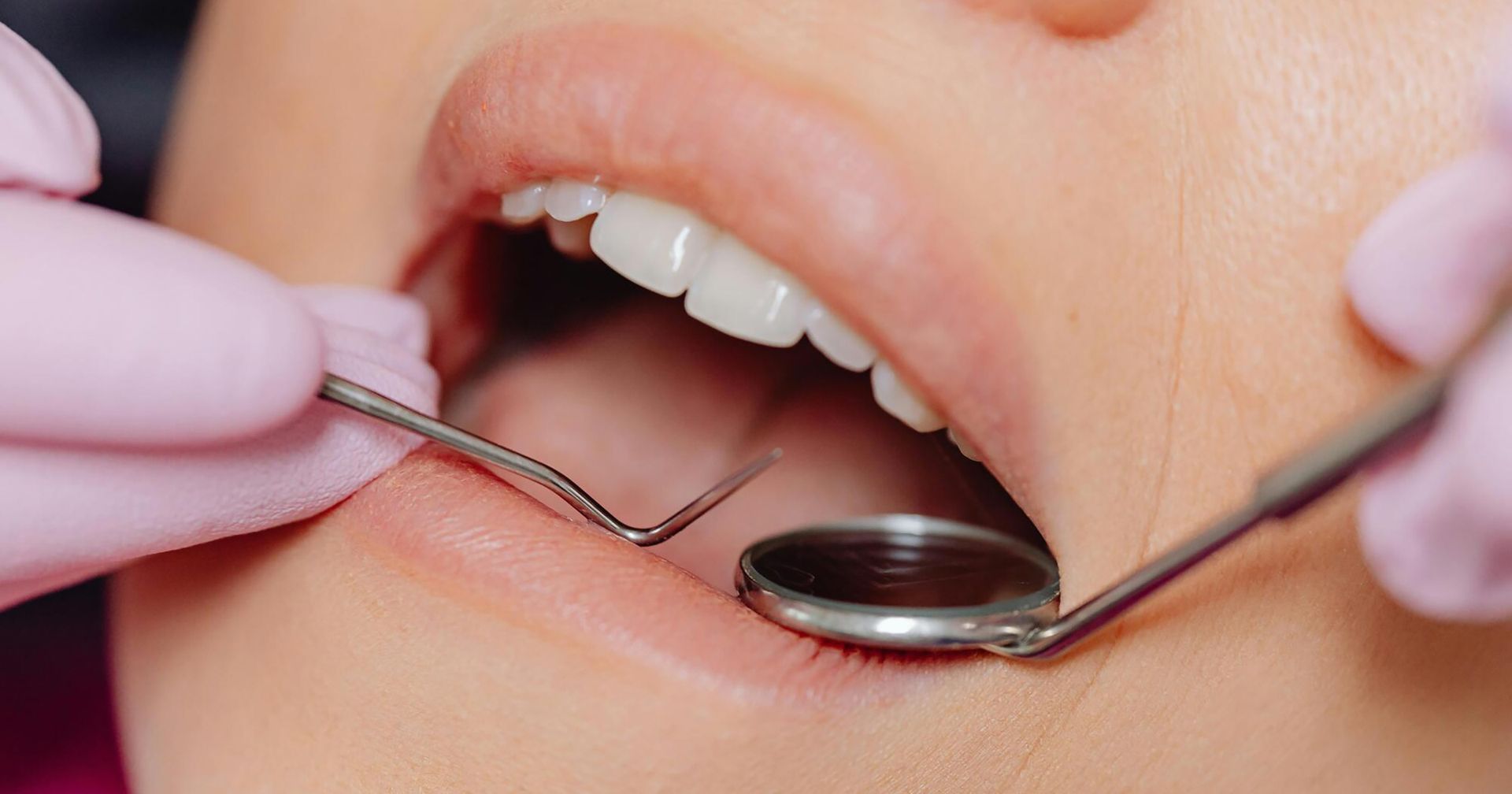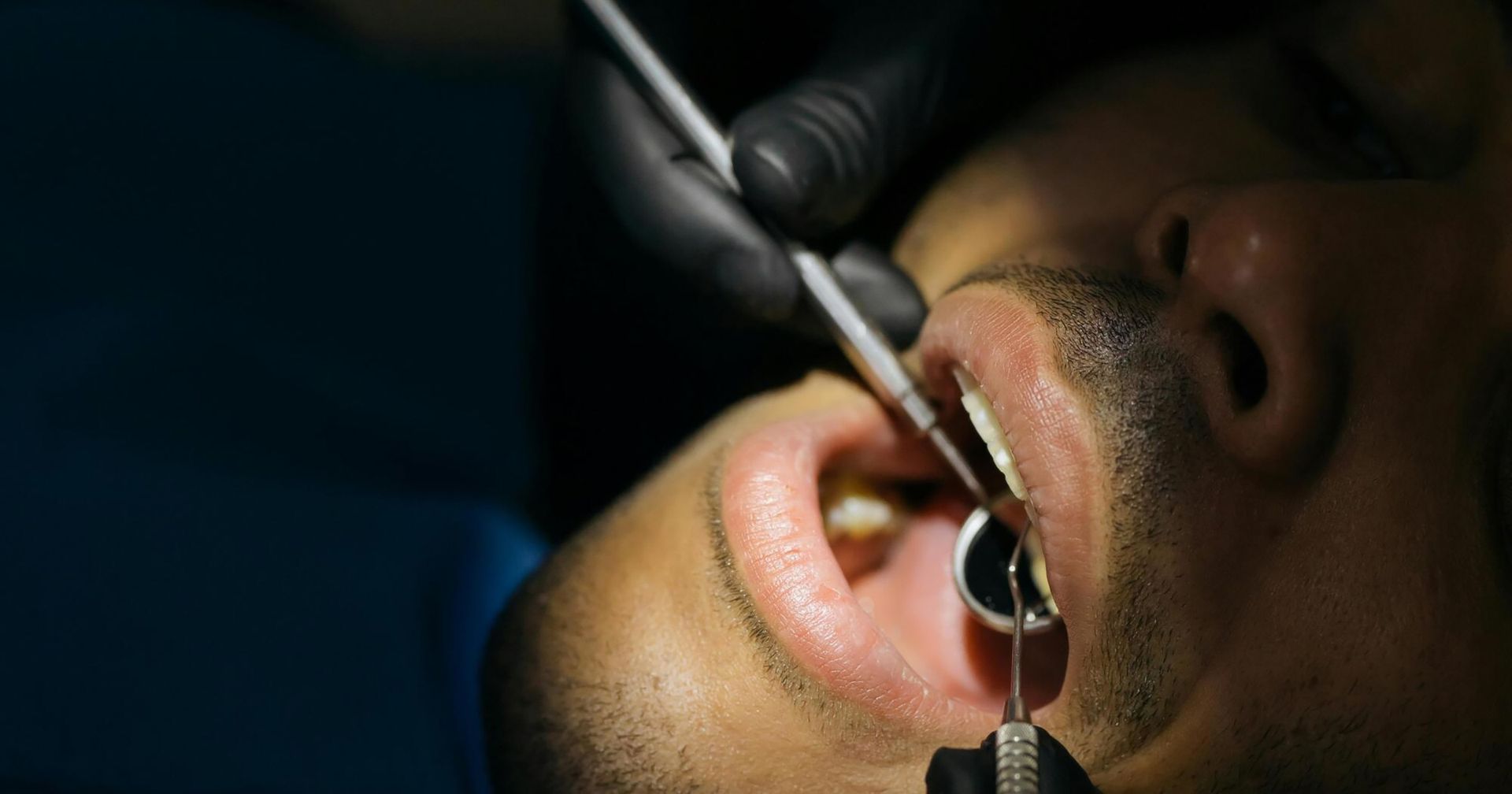Your Guide to Complete and Partial Denture Repair for Adults
Don’t be embarrassed about your smile! Complete or partial dentures are a terrific way to replace missing teeth!
Are your dentures in need of repair? While you might have thought your days visiting the dentist have greatly been reduced, the materials used to create your complete or partial dentures still fatigue and erode the longer they're worn.
Eventually, it will get to the point that they'll either break or fracture and you will need denture repairs. It could be from biting into your favorite meal or accidentally dropping them while you're giving them a good cleaning. Either way, once they're broken, you're going to need to schedule a complete or partial denture repair.
But how do they get repaired when they're in this state? Also, how much do repairs for dentures cost? There's no need to grit your teeth and cause any more damage, here's everything you need to know about getting your teeth back in one piece.
What Are Dentures?
When a dentist refers to a denture, they're referencing a removable component that looks identical to teeth and gums. They are suitable replacements to repair a patients teeth that got lost due to an injury or tooth decay.
Complete and partial dentures are custom designed to fit perfectly with your jaw's size and tooth shape so that they remain in place and don't fall out of your mouth easily. A denture also make it easier to chew food, speak easier, and, of course, smile compared to not having any teeth or gaps where they used to be. The two most common denture types available for our patients are partial and complete dentures.
What Are Complete Dentures?
A complete denture is necessary when patients need something to replace all of the teeth in their mouth. They're either conventional or immediate, depending on how quickly a denture is needed.
For a conventional denture, the process begins after the teeth get removed and the gums have started to heal. After a period of eight to 12 weeks, they're ready for your mouth.
An immediate denture is made in advance and is safe enough to get placed in your mouth as soon as your teeth are out. While this might seem like the obvious choice as you won't be without teeth for 12 weeks, there are some disadvantages to going with this option.
For starters, patients will be seeing the dentist regularly as they constantly make adjustments to the denture due to the bones and gums shrinking as they heal. So while this denture gets the job done when it comes to chewing food, they should be considered temporary until your conventional denture is ready.
What Are Partial Dentures?
A partial denture is also known as a bridge and resembles the replacement teeth as well as the gums. This pink plastic base is often connected by a metal frame to ensure that the denture stays in place while it's in your mouth.
Partials generally replace one or more teeth and is surrounded by crowns on either side of the empty space. It then gets cemented into place to stop it from moving or coming loose.
This type of denture will help fill the gaps in your smile. They also prevent any of your existing teeth from becoming misaligned and leading to the requirement of a complete denture repair solution.
What Happens With a Complete or Partial Denture Repair?
Dentures, Complete and Partials, are created using acrylic resin. This substance is comfortable, durable, looks like real teeth, and is able to get a repair when tooth accidents happen.
When a denture gets fractured or broken, more acrylic gets applied to reinforce or repair the area that's broken. It's when a realignment or revitalization is necessary that the process becomes more complicated for repair.
The bones and gums underneath a denture naturally change as you get older. What often happens is it continues to shrink until the denture needs to get reset.
If you start noticing that your denture isn't fitting like it used to, then you should visit your local dentist. They can make adjustments to the material to help it work like it's supposed to.
The relining process can get completed in the dentist's chair. It's only if any additional work is required to repair them that it may get sent to the laboratory.
How Can You Protect Your Dentures to Avoid Repairs?
Fortunately, there are some steps our patients can take to ensure that their complete or partial dentures stay protected. These measures include:
-
Cleaning them after a meal to ensure there are no food particles stuck underneath them
-
Ensure you handle your dentures with extreme care as while they're durable, they're still fragile
-
Never bend the clasps or plastics attached to your dentures
-
Clean them using a soft-bristled toothbrush
-
Don't use a whitening toothpaste or anything containing bleach to clean them
-
Soak them overnight in water or a denture cleaner to ensure they stay moist throughout the evening
Do You Need Your Dentures Repaired?
When your dentures break or need denture relines, there's no point going for the superglue. It's never recommended for you to try and do a complete or partial denture reline repair yourself. It could be dangerous, and you may end up needing to go through the entire denture creation process again.
Instead of putting yourself through this unnecessary cost and pain, you should book an appointment to come see us. We're experts when it comes to denture repairs restorative dental care and will make sure your dentures are not only fixed but shining bright when you leave. Contact us today for all of your denture inquiries.










